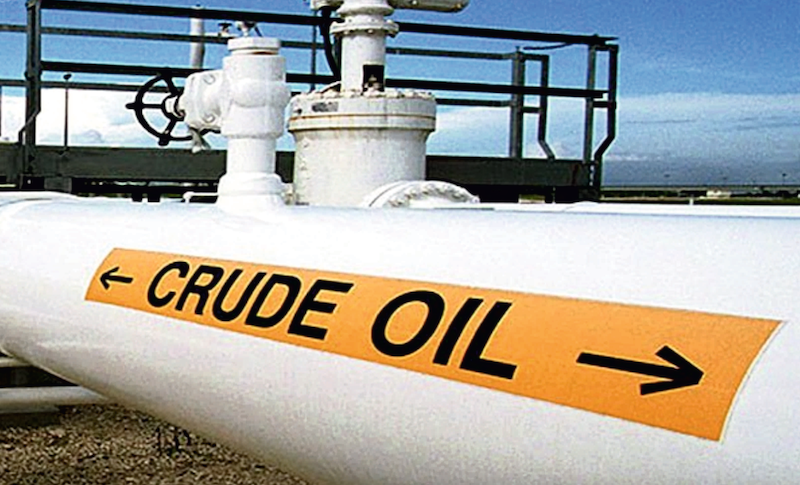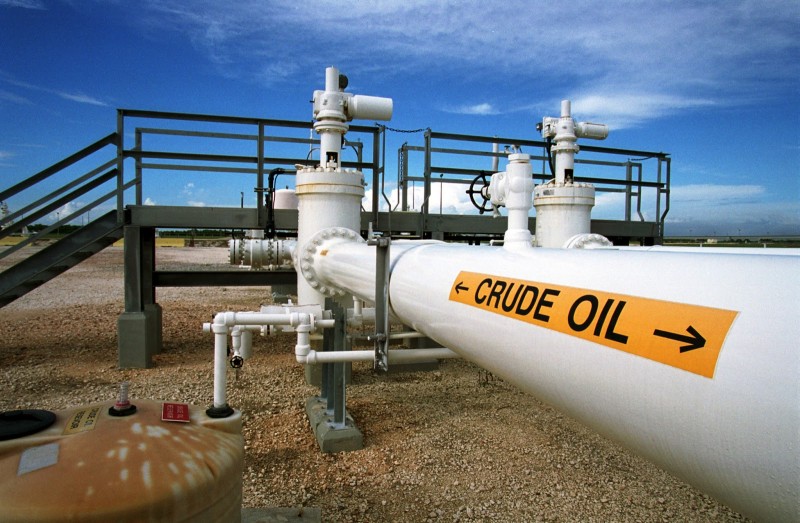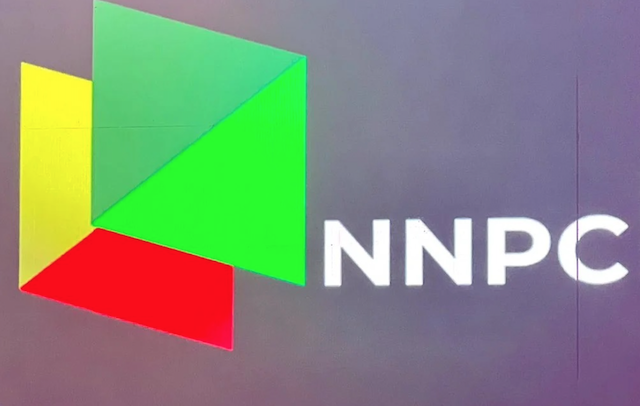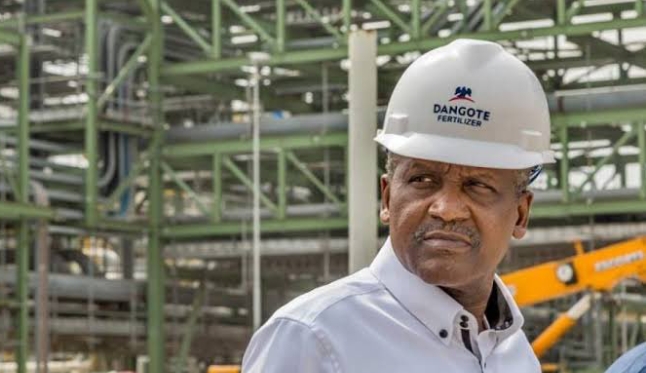The Nigerian National Petroleum Company Limited (NNPCL) says it is attaining close to 100 per cent crude oil production capacity following strengthened collaboration with security and intelligence agencies.
The Group Chief Executive Officer of NNPC Ltd, Mr Bayo Ojulari, made this known at the opening of the maiden African Chiefs of Defence Staff Summit, on Monday in Abuja.
Ojulari said the turnaround was a product of deliberate and sustained partnership between the oil and gas industry and the Nigerian defence and security institutions.
“Not too long ago, our crude oil receipts through pipelines and terminals had dropped dangerously low, sometimes to as little as 20 to 30 per cent.
“That was a period when pipeline vandalism, crude theft, illegal refineries and sabotage became rampant.
“Today, I can proudly report to you all that our production and receipts are now attaining close to 100 per cent.
“Thanks to the professionalism, discipline and collaborative spirit of our security and intelligence agencies, particularly in stabilising the Niger Delta,” he said.
Ojulari explained that the company had directly witnessed the impact of military operations, intelligence-driven interventions and joint patrols in securing critical energy infrastructure.
“These successes would not have been possible without the immense and intentional efforts of our government, the armed forces and our intelligence community.
“Their sacrifices have created the enabling environment for oil and gas operations to thrive once again,” he said.
Ojulari also stressed that threats to energy infrastructure were not confined to local actors.
According to him, oil theft and its attendant illegal activities are by no means purely localised.
He added that they involved sophisticated international syndicates that exploit gaps in the national, regional and continental security architecture to conduct illicit operations.
He therefore called for greater regional and continental cooperation, noting that energy security must be treated as a shared strategic priority.
“It is therefore imperative that forums such as this summit are encouraged, with a view to strengthen strategic, tactical and operational collaboration within the continent.
“Together we can safeguard Africa’s resources, reinforce peace, and create an enabling environment for prosperity for our people,” he added.
Ojulari reaffirmed NNPCL’s commitment to supporting the military and intelligence agencies, stressing that the oil and gas sector in Nigeria would continue to complement continental defence initiatives.
“At NNPC Limited, we hold this partnership in the highest regard.
“We stand ready to complement and cooperate with defence and security institutions, not just for Nigeria’s sake, but for Africa’s collective growth and stability,” he said.
The News Agency of Nigeria (NAN) reports that the summit with the theme, “combating contemporary threats to regional peace and security in Africa: the role of strategic defence collaboration” recorded attendance from 36 countries.
President Bola Tinubu was represented by Vice President Kashim Shettima, while the Deputy UN Secretary-General, Amina Mohammed, delivered the keynote address.
Leaders of the African Union and ECOWAS, ministers, lawmakers, as well as formers and serving defence and service chiefs, were also in attendance.









